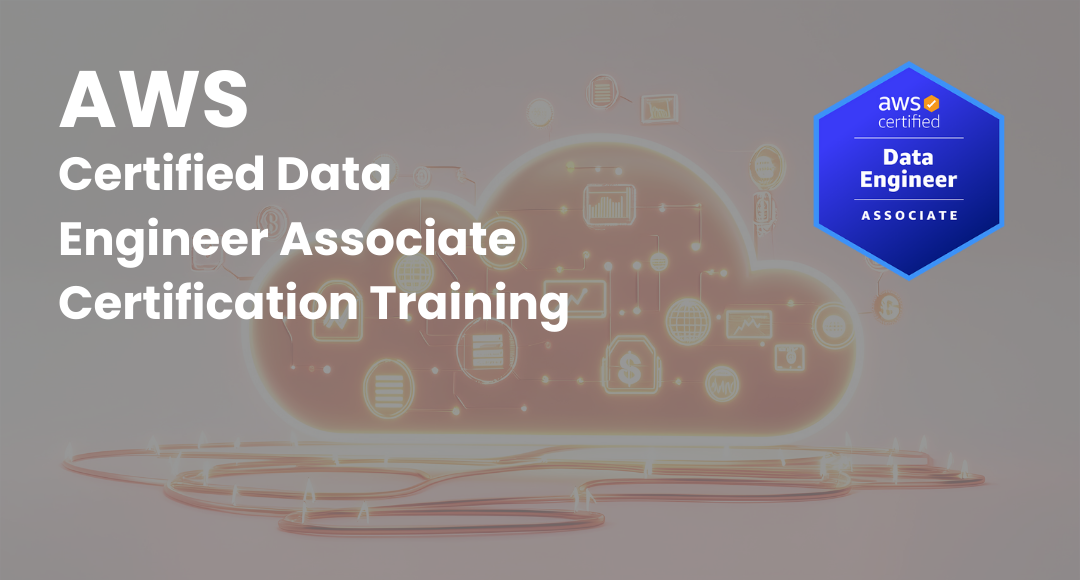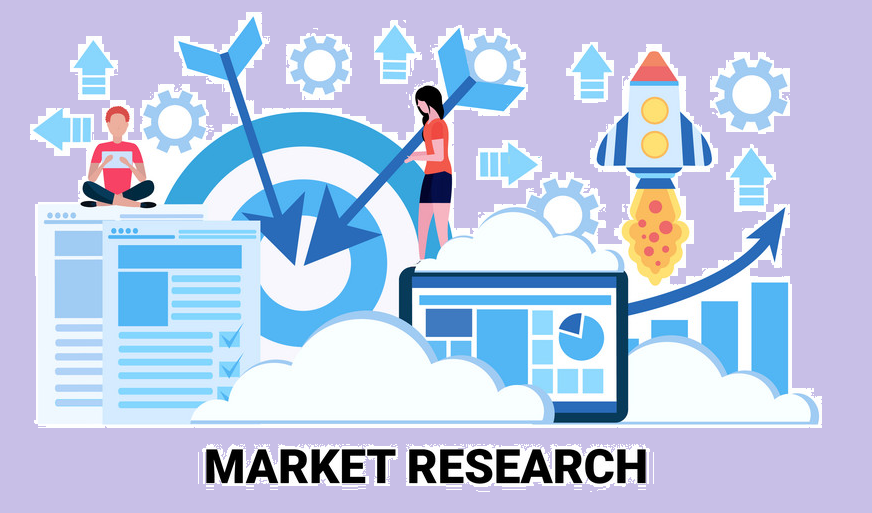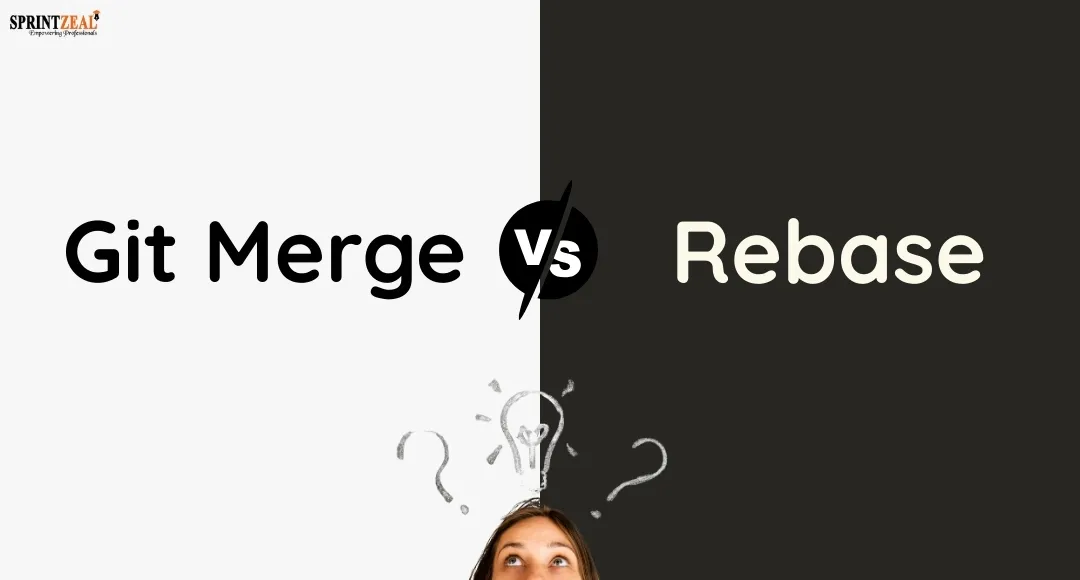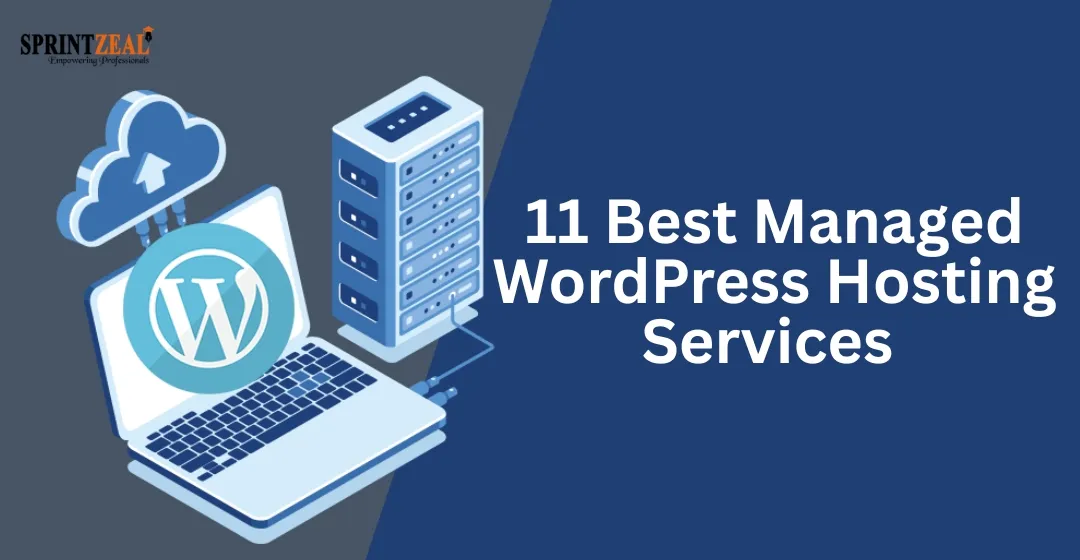Trends Shaping the Future of Cloud Computing
-
 By Niveditha P
By Niveditha P
- Published on Jun 4 2024

Table of Contents
Introduction to Cloud Computing
Cloud computing carries calculative services known as servers, storage, databases, networking, software, analytics, intelligence, etc. over the internet (i.e. cloud). In simple terms, cloud computing is referred to as accessing and storing data, where it acts as a service provider towards computing on the internet. For example, accessing data on the internet the data could be in the form of images, videos, audios, documents, files, etc. If you're already aware of all these, skip the basics to Future of Cloud Computing!
The history of the cloud is interesting, and it has slowly evolved. The first time computing came into existence in the form of client-server architecture data resided on the server-side. But it was a disadvantage because if the user wanted to access some data primarily they needed to connect to the server, after appropriate server access it was set to use.
Due to more such disadvantages client-server architecture then gradually evolved into distributed computing. Distributed computing acted as a mutual sever to all computer networks. With the help of distributed computing users were able to share resources when needed. But even this carried a disadvantage, it had limitations where data could be used only to a certain extent and it couldn’t be crossed.
With all this happening, in 1961 John MacCarthy the pioneer of AI (i.e. Artificial Intelligence), addressed a speech in MIT that “Computing can be sold as a utility, like water and electricity”. People did not agree on it then, they were comfortable with what they had. But the brilliant idea was then taken by Salesforce.com in 1999.
They implemented the idea and introduced cloud computing to the world. And that’s how cloud computing came into existence.
After this, cloud computing was considered by many of the service holders. And some of the well-known service providers are Amazon AWS, Microsoft Azure, Google Cloud, and many more. Where they even offer training and certifications for the ones who would want to learn more about cloud computing.
Get certification by CompTIA, and become a Cloud Engineer.
Classifications of Cloud Computing
● Infrastructure as a Service (IaaS): In this service, one can rent IT infrastructures like servers, virtual machines(VM), storage, networks, OS (i.e. Operating System) from a cloud service vendor. Usage of IaaS will result in maximum flexibility, but efforts needed to be put in for maintenance.
● Platform as a Service (PaaS): This service provides an on-demand environment for developing, testing, delivering, and managing software applications. By using PaaS flexibility will be reduced, but the environment will be managed by the cloud vendors.
● Software as a Service (SaaS): It provides software services to the end-users. Where it delivers software over the internet that is in demand based on subscription. E.g. Dropbox, Amazon kindle, and more. SaaS is also used to minimize operational costs to a maximum extent.
Advantages of Cloud Computing
● Back-up and Data restoration: Once the data is stored in the cloud, it is easier to get back up and again retrieve it from the cloud. The best example is iPhone where we can back up images and videos in cloud storage. Even if the images get deleted from the gallery, we can again retrieve them from the cloud drive.
●Improved Collaboration: Cloud applications improve collaborations by allowing groups of people to quickly and easily share information, via cloud storage.
● Excellent accessibility: Using the internet from anywhere around the world we can easily access the cloud. An internet cloud infrastructure increases organization productivity and efficiency by ensuring that data is always accessible.
● Low maintenance cost: Cloud computing reduces huge capital costs of buying hardware and software. Easy maintenance is one of the major advantages of cloud computing, each time there is a gradual update done in terms of cost and services making it better to use.
● Scalability: In every business managing the requirements is a must need quality. In the cloud, scalability is used to increase and decrease the requirement of resources according to the business need.
● Mobility: One of the great connectivity and benefit of the cloud is mobility. Using this the ability to connect to people and provide information is increased. The best example for this is Mobiles/ portable computers where the cloud is used for every purpose i.e. from security to feature updates. Easy access to cloud data via mobile.
● IServices in the pay-per-use model: Pay-as-you-use or pay per model is a payment model in cloud computing that charges based on how much resource one has been used. This payment process is done using APIs i.e. Application programming Interfaces, through which it is made easier for the user to access cloud services.
● Data Security: One of the best features of the cloud is security. Cloud vendors offer a broad set of policies and technologies that strengthens users’ data and ensures that their data is kept safe.
● Unlimited Storage Capacity: Cloud offers huge data storage space. Through which users can store important data like documents, images, audio, video, etc., in one place.
Read more about Cloud Computing- The Beginner's Guide
Talking about the present, what does the future of cloud computing has to offer to the users, in the upcoming years let us see and understand the changes to be made in detail,
Challenges and Considerations for the Future of Cloud Computing
Understanding the challenges is as important as understanding the advantages. This helps in creating a preventive environment that helps address challenges with considerations for continued growth and success. Here are some key considerations for the future:
- Security Concerns:
Data security remains a foremost concern for businesses moving to the cloud. Ensuring robust security measures and data privacy compliance will be crucial for cloud providers to maintain user trust. - Vendor Lock-In:
Organizations might become dependent on a specific cloud provider's platform, making it difficult and expensive to switch later. Standardization and open-source solutions can help mitigate vendor lock-in concerns. - Skilled Workforce:
The extensive adoption of cloud computing necessitates a skilled workforce capable of managing, securing, and optimizing cloud environments. - Integration Challenges:
Integrating cloud-based applications with existing on-premise infrastructure can be complex. Standardized APIs and interoperability solutions will be essential for seamless integration and an integrated user experience.
By acknowledging these challenges and actively working towards solutions, cloud providers and users can collaborate to ensure secure, scalable, and efficient growth and future adoption of cloud computing.
Future of Cloud Computing
Today, everything is interconnected digitally to cloud computing. In the IT sector, cloud computing makes way to the new world of jobs, applications, services, and platforms. Future trends in cloud computing contain a combination of cloud-based software products and computing ideas that will help to create hybrid IT solutions.
Future cloud computing can only be predicted. Predictions can be made but decisions are hard to make, but our developers are all set to make cloud computing future developments and give the best-featured software to the world. Let us look at some of the predictions made for cloud computing future growth.
Increase Storage Capacity
Nowadays data is generated in high volume and companies at times face difficulties to store data securely. When it comes to security most of the companies’ requirement is to store data in a safe place.
As Cloud computing is being adopted by many businesses. It has been informed by cloud developers, data services will be provided to the users at a lower price as there is a large competition happening. The future of cloud storage will help many companies to store the maximum amount of data. Even if the storage gets full, users can pay for the needed amount of storage and then extend their storage services.
And one of the fun facts about the cloud future trend is that in the future of cloud computing 2025 the storage capacity of the cloud will increase over 100 zettabytes. That is multiple billions of terabytes (or trillions of gigabytes).
Internet of things along with cloud computing
Internet of things (IoT), refers to a rapidly growing network of connected objects that collect and exchange data in real-time using embedded sensors. In simple words, IoT describes the network of physical objects that are embedded with sensors, software, and other technologies. Where the exchange of data takes place with other devices and systems over the Internet.
IoT is one of the leading technologies when it comes to continuous innovation of real-time data analysis and cloud computing, which is the foundation for modern solutions like cloud contact center software. As there are many machine-to-machine connected communications, data exchange, and processing taking place, with the help of cloud computing along with IoT it can easily be managed.
Increase in Internet Performance
Internet of Things (IoT) will help to improve the quality of the internet. The IoT and cloud computing together will help to store data in the cloud and enhance internet performance.
The users expect high-quality and fast-loading internet services and applications. With this feature, the future of cloud computing will provide a network that is faster to deliver and receive data.
Modular Software Will be Priority
The Volume of the individual program along with complexity is increasing regularly. Hence, the cloud computing future developments will soon require, advanced system thinking i.e. Effective AI
Future applications of cloud computing can be seen in many aspects, where data can be stored in different places other than the cloud. The applications of the cloud will store data in different modules on servers of different cloud services. And that will reduce the cost of software placing components of the program on different storage locations is economical.
Role of Public Clouds will Become much more Important
A public cloud is an IT model where on-demand computing services and infrastructure are managed by a minor-party provider and shared with multiple organizations using the public internet. Public clouds have accelerated their rise in the pandemic, where they helped businesses that invested in the cloud both public and private to get their profit.
Some of the leading cloud infrastructure platforms, such as Amazon Web Services, Microsoft Azure, and Google Cloud platforms have combined their leadership in the cloud market. Through merging they have spread their influence across many elements of the economy in 2022.
Multi-cloud and Hybrid
In the previous cloud services, the cloud traditionally contained only two categories to choose from, i.e. public and private. Where public clouds offered more accessible cloud services, on the other hand, private cloud systems gave more security for data storage.
Now with the arrival of hybrid, the features of both public and private clouds can be accessed at the same time. Service providers like AWS and Azure allow keeping some of the data on public servers, also giving the option to keep sensitive or personal data on private servers so one can actively control and monitor the data.
Cloud Security
If the application provided is not secure and is harming the system, the user will not consider it in the first place. The cloud is secure but is it enough? To avoid similar questions, IT companies and developers are set to create an effective future for cloud security.
To continue growth, businesses need innovation; IT companies most importantly need to focus on encryption (i.e. data security). If the data is secure the company gains credibility in the market. Even people will consider that this software is safe to use.
Get trained certified, to start your career in IT security.
Serverless Cloud Technology
Serverless cloud technology will be used for automation, to complete some tasks and maintain the server infrastructure. By incorporating this technology there will be flexibility in terms of storage and bandwidth, without any restriction on pricing.
Most of the companies are implementing Serverless technology at a rapid rate. And it will, even more, increase with time. According to a survey, it will grow up to 22.6% between 2021 and 2026.
With serverless technology, there will be no need to invest in any significant resources in advance. The future of cloud computation has no barriers set, from start-ups to well-established organizations that can make use of the technology.
Sustainability
With cloud computing expanding, along with AI i.e. Artificial Intelligence, cloud providers/developers need to maintain their performance. Improvement is a never-ending process, so users will always expect something unique. Cloud computing can be better and may result in more cloud future trends, so maintaining that suspense is much needed.
Conclusion
Businesses nowadays are seeking innovative ways to grow and accomplish their goal. With the help of cloud computing, it is made easier and will be getting better in the future. The future of cloud computing technology is bright and will provide all the benefits to companies and users.
If you are a beginner and interested, to learn more about cloud computing, and want to make a good career out of it. Get certification training that will help you to start better in the IT sector, through Sprintzeal
Popular Programs
AWS Certified Solution Architect Professional
Live Virtual Training
- 4.2 (300 + Ratings)
- 69k + Learners
AWS Certified DevOps Engineer Certification Training
Live Virtual Training
- 4.6 (400 + Ratings)
- 59k + Learners
Microsoft Azure Administrator Associate AZ-104
Live Virtual Training
- 4 (560 + Ratings)
- 18k + Learners
Microsoft Azure Infrastructure Solutions (AZ-305)
Live Virtual Training
- 4.8 (560 + Ratings)
- 40k + Learners
Trending Posts
Public Cloud Security Checklist for Enterprises
Last updated on May 19 2025
AWS Solutions Architect Salary in 2026
Last updated on Jul 11 2022
Git Merge vs Rebase: Differences, Pros, Cons, and When to Use Each
Last updated on Dec 24 2025
12 Best Managed WordPress Hosting Services in 2026
Last updated on Jul 8 2025
Top Kubernetes Tools in 2026
Last updated on Jul 19 2022
Must-Have AWS Certifications for Developers in 2026
Last updated on Jan 2 2025
Categories
- Other 77
- Agile Management 48
- Cloud Computing 58
- Project Management 175
- Data Science 70
- Business Management 88
- Digital Marketing 88
- IT Service Management 36
- Programming Language 61
- AI and Machine Learning 94
- IT Security 113
- Quality Management 78
- IT Hardware and Networking 27
- Microsoft Program 5
- Workplace Skill Building 15
- Risk Management 10
- Information Security 8
- Leadership and Management 9
- Corporate Training and Development 1
Trending Now
Azure Vs Aws - Which Technology Is Better
ebookThe Impact of Internet of things on Marketing
ebookAWS Lambda - An Essential Guide for Beginners
ebookCareer in Cloud Computing or Cyber Security
ebookImpact of AWS Certification On Cloud Computing Jobs
ebookAmazon Certifications: List of Top AWS certifications in 2026
ebookAWS Interview Questions and Answers 2026
ebookAmazon Software Development Manager Interview Questions and Answers 2026
ebookAWS Architect Interview Questions - Best of 2026
ebookHow to Become a Cloud Architect - Career, Demand and Certifications
ebookWhat is Cloud Computing? - Fundamentals of Cloud Computing
ebookAWS Solutions Architect Salary in 2026
ebookAmazon EC2 - Introduction, Types, Cost and Features
ebookAWS Opsworks - An Overview
ebookAzure Pipeline Creation and Maintenance
ebookCI CD Tools List - Best of 2026
ebookContinuous Deployment Explained
ebookDevOps Career Path – A Comprehensive Guide for 2026
ebookTop Kubernetes Tools in 2026
ArticleBenefits of Cloud Computing in 2026
ebookJenkins Interview Questions and Answers (UPDATED 2026)
ArticleA Step-by-Step Guide to Git
ArticleScalability in Cloud Computing Explained
ebookIoT Security Challenges and Best Practices-An Overview
ebookHow to Learn Cloud Computing in 2026 - A Brief Guide
ArticleCloud Engineer Roles and Responsibilities: A complete Guide
ebookTypes of Cloud Computing Explained
ArticleCloud Engineer Salary - For Freshers and Experienced in 2026
ArticleEssential Cybersecurity Concepts for beginners
ebookWhat is a Cloud Service - A Beginner's Guide
ebookTop 3 Cloud Computing Service Models: SaaS | PaaS | IaaS
ArticleWhat is Private Cloud? - Definition, Types, Examples, and Best Practices
ebookWhat Is Public Cloud? Everything You Need to Know About it
ArticleTop 15 Private Cloud Providers Dominating 2026
ebookWhat Is a Hybrid Cloud? - A Comprehensive Guide
ebookCloud Computing and Fog Computing - Key Differences and Advantages
ebookAzure Architecture - Detailed Explanation
ArticleMost Popular Applications of Cloud Computing – Some Will Shock You
ArticleTips and Best Practices for Data Breaches in Cloud Computing
ArticleWhat Is Edge Computing? Types, Applications, and the Future
ArticleMust-Have AWS Certifications for Developers in 2026
ArticleSalesforce Customer Relationship Management and its Solutions
ArticleCutting-Edge Technology of Google Cloud
ArticleSpotify Cloud: Powering Music Streaming Worldwide
ArticlePublic Cloud Security Checklist for Enterprises
Article12 Best Managed WordPress Hosting Services in 2026
ArticleLatest Azure Interview Questions for 2026
ArticleTop Coding Interview Questions in 2026
ArticleLatest Cloud Computing Interview Questions 2026
ArticleSafe file sharing for teams: simple rules that work
ArticleMy learning path to become an AWS Solutions Architect
ArticleClient Server Model—Everything You Should Know About
ArticleWhat Is Microsoft Azure? A Complete Cloud Computing Guide for 2026
ArticleDocker Tutorial for Beginners: Containers, Images & Compose
ArticleGit Merge vs Rebase: Differences, Pros, Cons, and When to Use Each
ArticleThe Invisible Infrastructure Powering Tomorrow’s Apps
ArticleDevOps vs DevSecOps: Benefits, Challenges, and Comparison
Article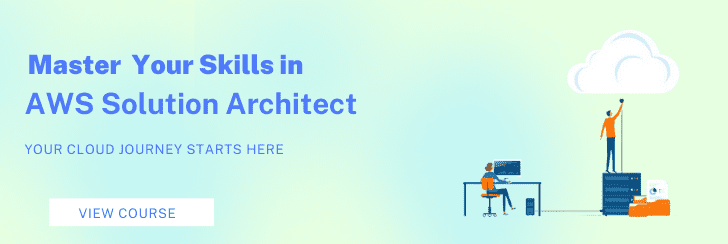

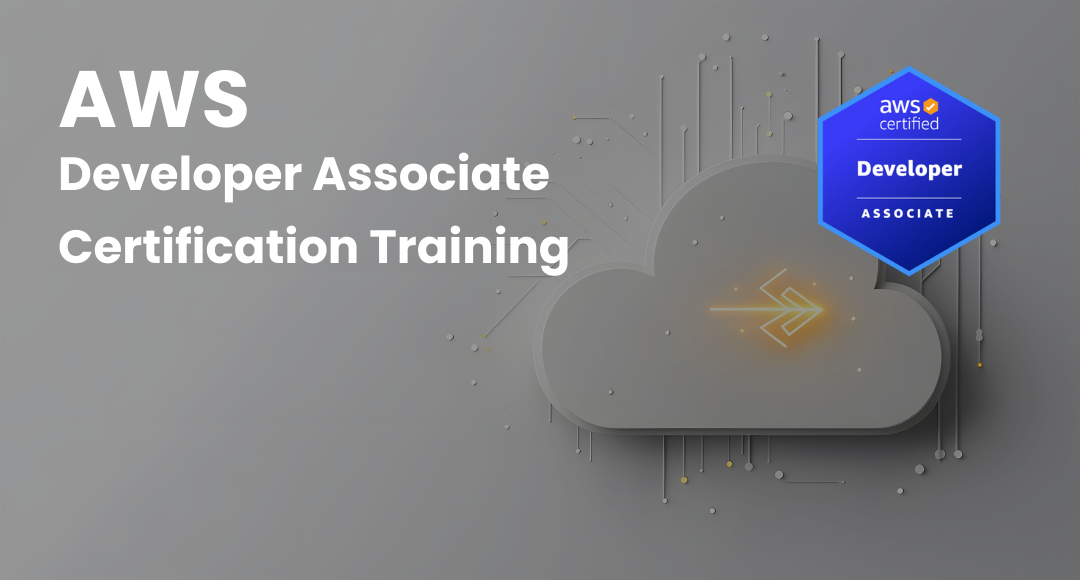
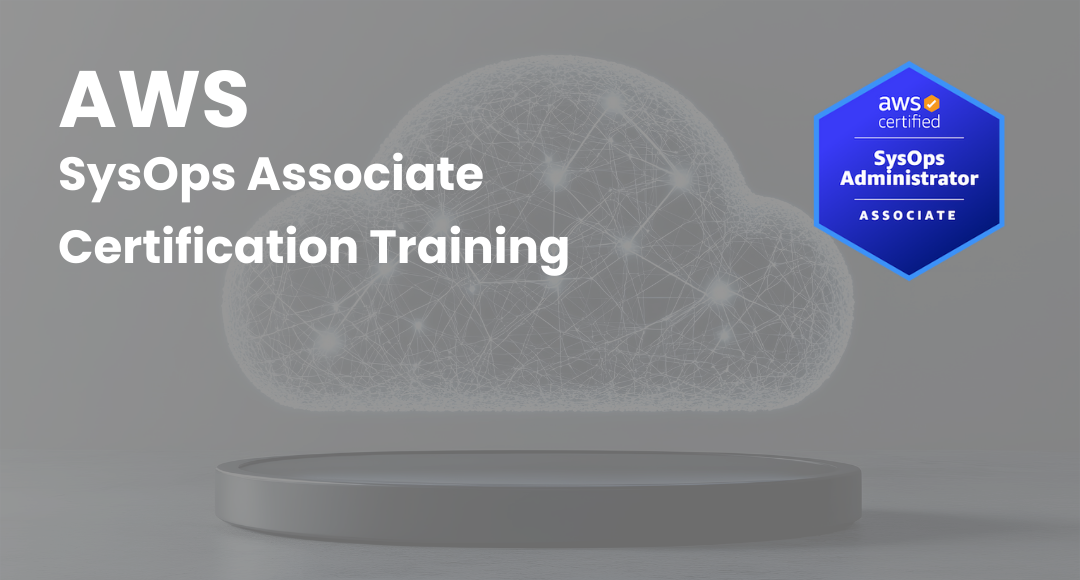
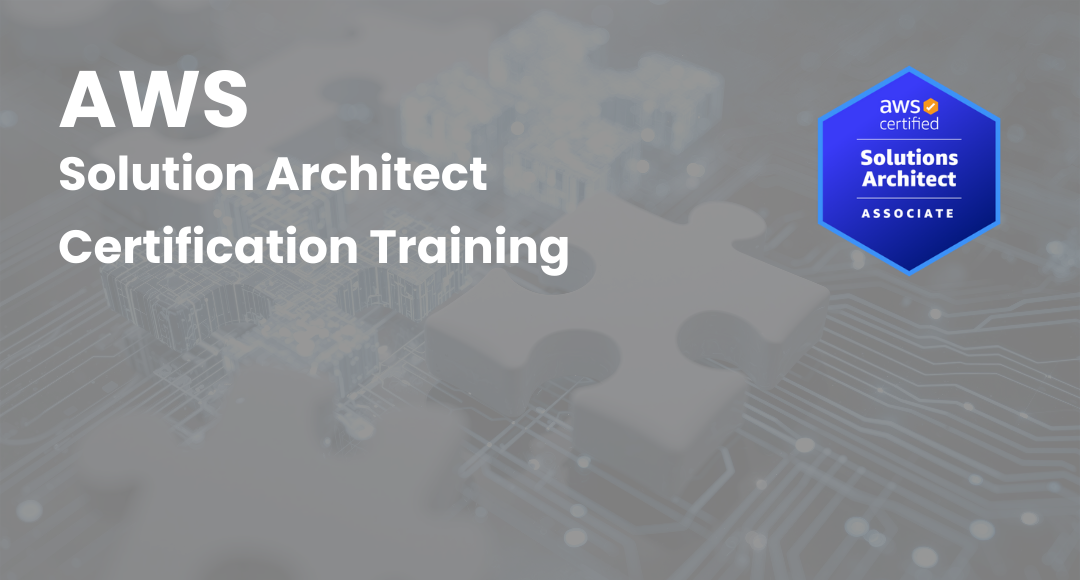
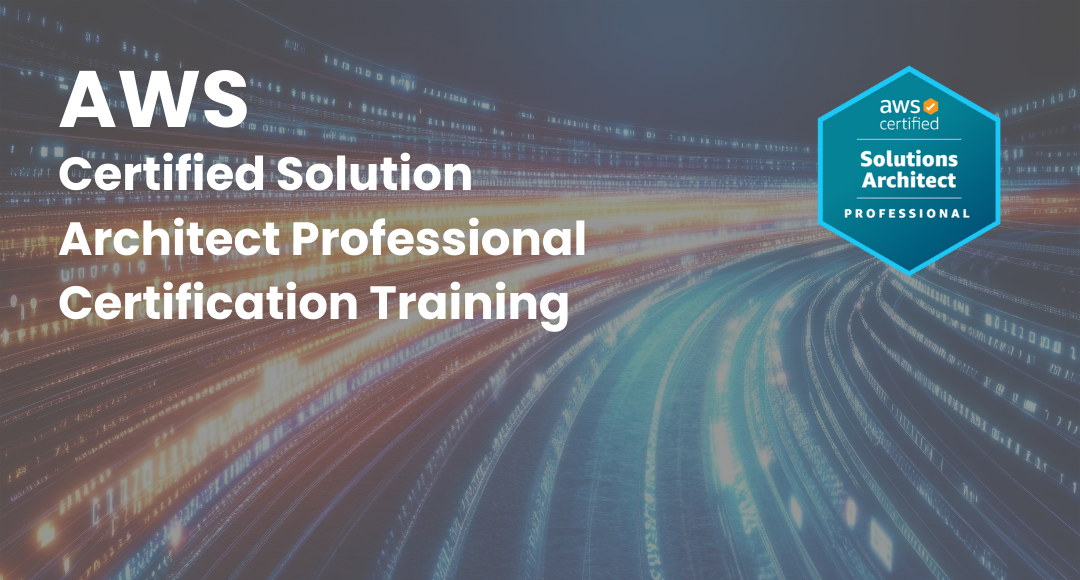
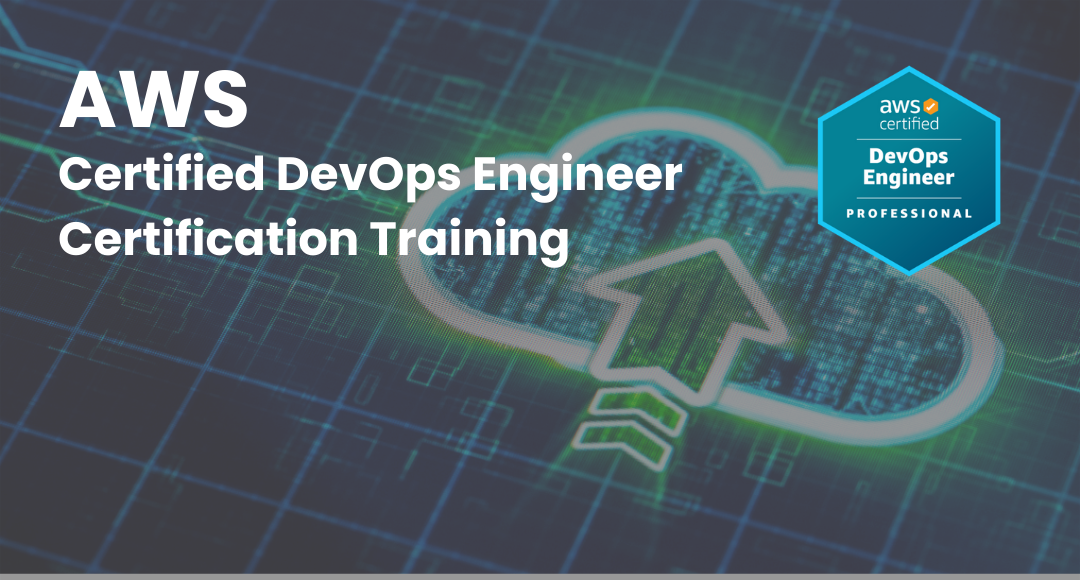
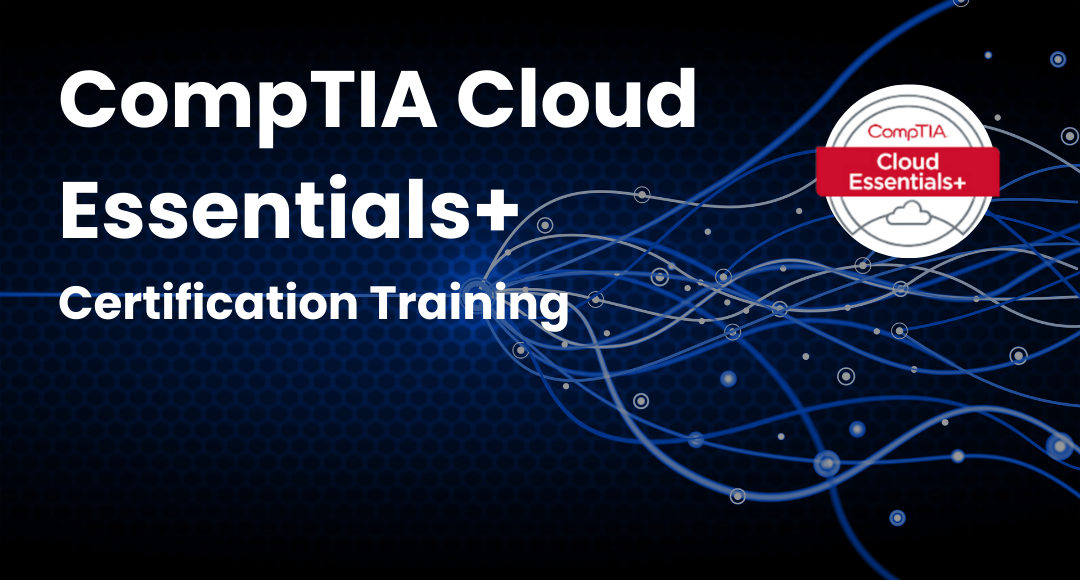
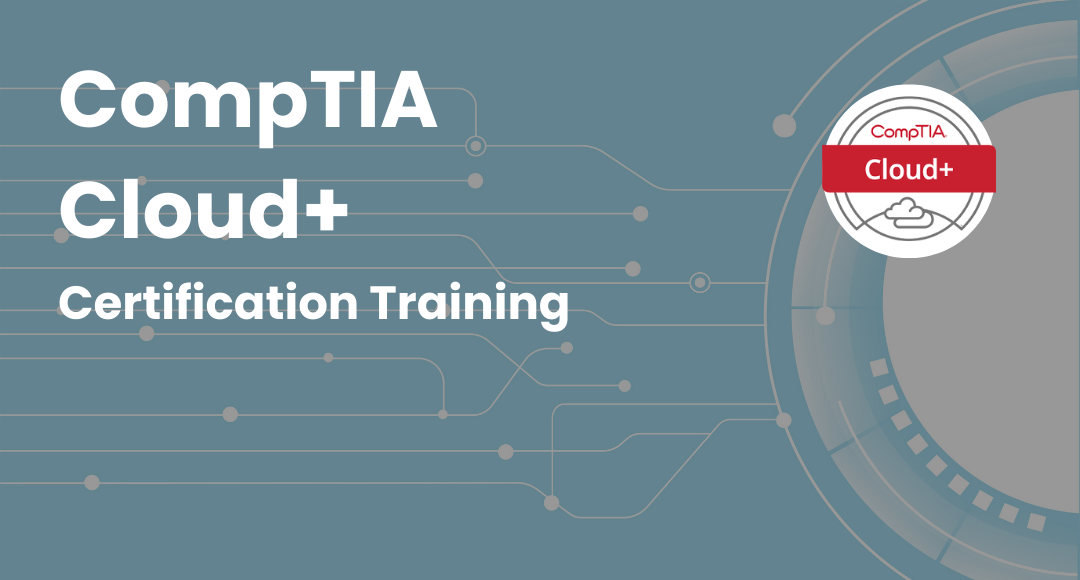
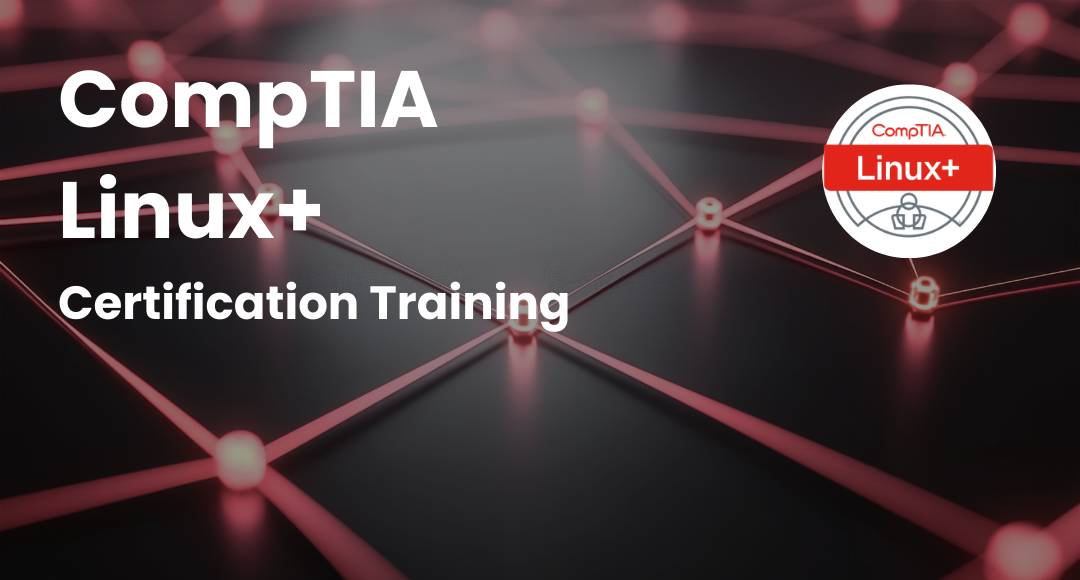
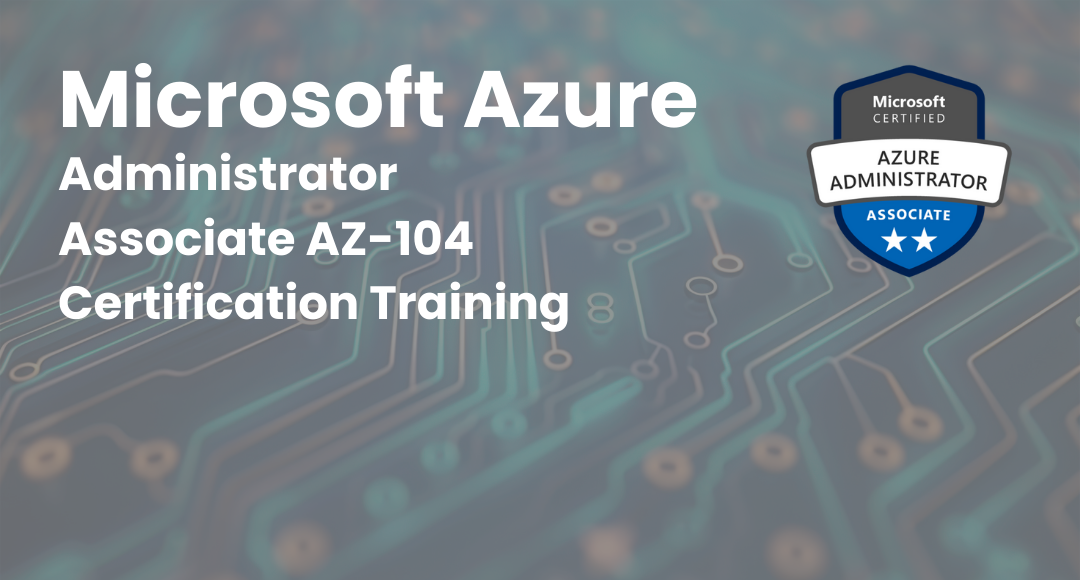
.png)
